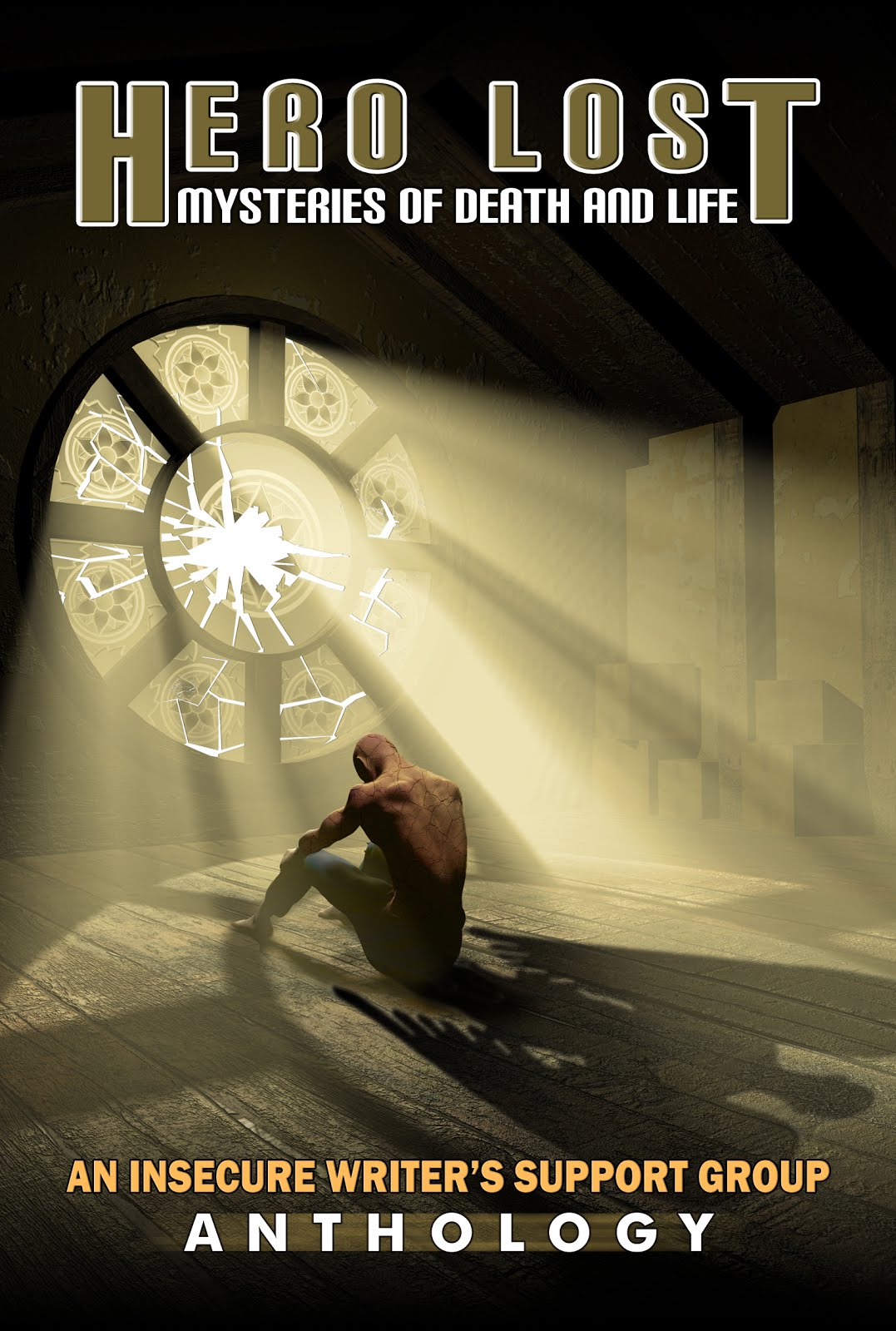I’ve been overthinking things lately, and it’s
sending me into a literary panic attack. I can’t figure out who or what the
antagonist is in my WIP. I’ve been fluctuating between thoughts of “pssh, I don’t
need no stinkin’ antagonist,” and “well, doesn’t every story have one?” Not to mention thoughts that there has to be
one in there. But I can’t figure it out. Well, I’ve got my protagonist, of
course—that much is clear. His love interest certainly doesn’t feel like an
opposing force, at least once I get past the “we are absolutely not getting
together” phase. His mom? Well, she’s not around enough and when she is,
certainly doesn’t care enough to be disrupting things. Is my antagonist even a
person? Is there something hiding beneath the surface that I’m not seeing? But
wait! My protagonist is really an antihero at best—does that make him his own
antagonist? Is that possible?
See the panic? But my crazy thoughts have got me
thinking on a broader scale. Does every story have an antagonist? Do you always
need one?
Some people automatically assume that an
antagonist is a villain. While this certainly can be the case, it isn’t always
true. A villain is usually obvious—some mustache twirling fiend bent on world
domination. A bad guy. Usually the hero is trying to stop him. I’ve certainly
written villains before—my fantasy stories always had one. But not every story
needs a villain. And an antagonist isn’t always going to be one. An antagonist
is defined as someone being opposed or struggling against an opponent. This
doesn’t necessarily make them evil. Say you’re writing about a student running
for class president, and they have an opponent. That person is an antagonist—they
want the same thing the protagonist does and only one of them can get it. Now,
if that other student resorts to sabotaging the campaign of the other in order
to win, that makes them a villain.
So, ok, my story doesn’t have a villain. Not every story needs one. Well,
what if your protagonist isn’t exactly a hero? Roles can be reversed. Sometimes
the protagonist can be the villain, and the antagonist is the person trying to
stop them. Who you’re rooting for depends on how the author spins it. Just because
someone is the main character doesn’t mean they have to be perfect and morally
upstanding. Take Macbeth, for
example. Obviously Macbeth is the main character in the play, but he certainly
isn’t perfect. He commits murder to become king, and continues to have people
killed in order to stay in power. Sometimes having a good guy be the main
character isn’t always the way to go. What if the student in our election story
is a good person, but decides that she can’t win and has to destroy the reputation
of her opponent? It can be more interesting to watch a hero descend into
wrongdoing than just despair at something bad happening to them.
So yes, I think my protagonist is an antihero. He
purposely corrupts someone else in order to gain things for himself. But I
still don’t know who my antagonist is. I guess I’ve created a situation where
both main characters can be seen as a victim depending on how you look at it.
But there’s no opposing force that’s clear to me. I’ve read things about how
your antagonist doesn’t even need to be a person. Is society my antagonist?
Well, maybe a bit. I’d feel stronger about this if my characters were
desperately in love and the legality related to their age difference was the
only thing keeping them apart. But that’s not the story I’m writing. So then is
my protagonist battling himself? Is there an aspect of himself that is actually
the antagonist? Well, that doesn’t seem to fit, either. He’s not struggling
with his sexuality, and he doesn’t feel guilty about manipulating other people.
He’s only concerned with getting what he wants.
Have I totally screwed things up by not having an
antagonist? Or is there one there that I’m just not seeing? I feel like every
character has a little evil in them, but that doesn’t necessarily make them a
villain. It just makes them human. I’ll probably be pondering my antagonist (or
lack thereof) until I figure it out, or decide I don’t need one.









